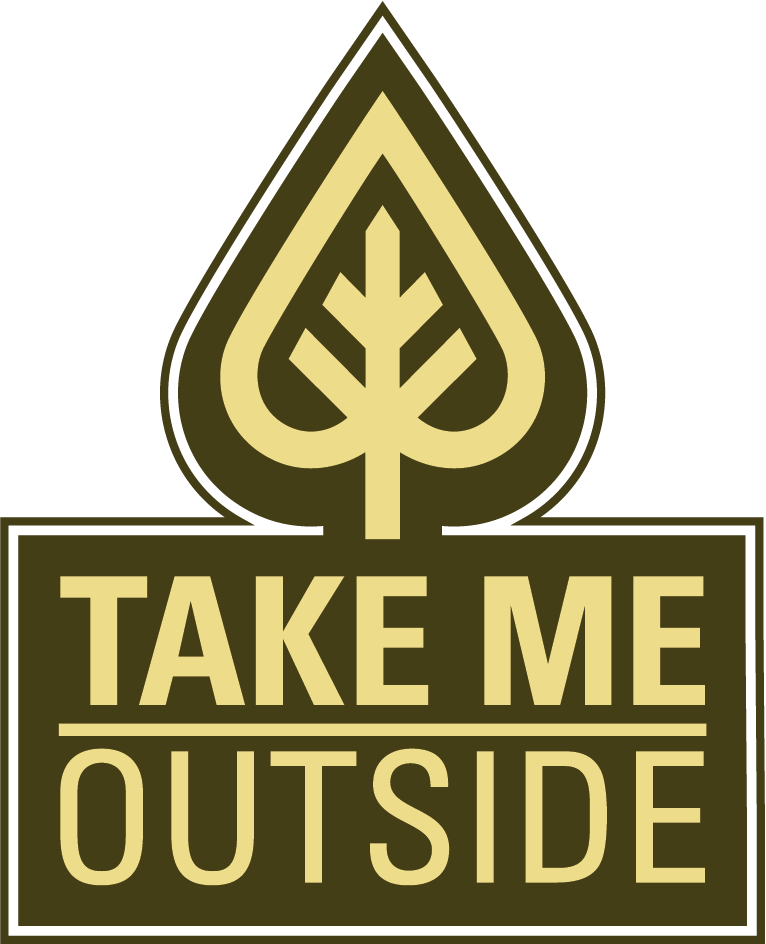60 results for group: 2023
Environmental education and inclusion: Considering learners’ diverse needs when facilitating outdoor learning
This workshop focusses on environmental education that takes into consideration the needs of diverse learners. The purpose is to develop participants’ abilities to plan inclusive experiences whilst using experiential, environmental, and community-based approaches to facilitate learning. Guided by universal design for learning principles, the reflective process will occur by way of a gentle nature walk with participants encountering different "stations" representing challenges-to-learning that students often face (e.g., intellectual, physical, linguistic, cultural, learning disabilities).
Identity Intersections: Understanding the Role that Social Group Identity Plays in Constructing Environmental Identity
As environmental and outdoor educators, we cultivate the environmental identities of young people. But recent research suggests strategies for doing so can be affected by other identities we hold, such as race and gender. In this session, we will discuss vignettes and data on environmental and social group identities, and explore what these data mean for our work. We will also use research-validated tools to understand the intersections between our own social & environmental identities. Finally, we will make meaning of our reflections using eco-contemplative practices.
PLT Canada’s Forest Literacy Framework: Growing Forest Literate Generations
Learn about Project Learning Tree Canada's Forest Literacy Framework (FLF), this new resource charts a pathway for those who educate young people, create education policy or curricula, or advocate for forests. During this session, participants will explore the 5 Hot Topics within the FLF through an interactive facilitated discussion
Outside In! A Participatory, Inquiry-based Approach to Food Security
Superle, Basran, and UFV students lead attendees through the participatory, inquiry-based process they’re facilitating with children in the Abbotsford School District in the “Outside In! Dig for Your Rights” pilot program. This program addresses challenges in educational settings that hamper creation of outdoor learning opportunities due to non-conducive settings. The program goal is inspiring children to contribute to food security by participating in their local food system. We believe this approach will help children experience their world as a foodscape they’re part of.
Nature’s NEAR (Neighbourhood Eco Action Rangers)
It’s a field trip that comes to you! Through a series of engaging activities, we'll learn about Halton District School Board’s new outdoor and environmental initiative, Nature’s NEAR (Neighbourhood Eco Action Rangers). Rooted in inquiry and place-based education, this initiative aims to connect students and staff to the natural world within their schoolyards in the hopes of fostering stronger community and environmental relationships. We will explore how to make meaningful and accessible outdoor education programs no matter where you are, whether it is a paved schoolyard or flourishing forest!
Learning From Indigenous Perspectives: Outdoor Play Pedagogy in Mainstream Early Learning Centres
Participants in the workshop will engage in experiential activities that they can in turn apply to their own teaching practice. Activities will include pedagogies to support practices such as greeting and expressing gratitude for the gifts of nature, recognizing human interconnectedness with the natural world, and building relationships with, and showing care and responsibility for nature.
Teaching towards reciprocity and identity-affirming classrooms: Akinoomaagzid, Indigenous ways of knowing and Anishinaabemowin
Two educators will share their story using the Akinoomaagzid program developed in partnership with the Chippewas of Georgina Island First Nation to reconnect students to the land, their language and Indigenous ways of knowing. This workshop will model how to actionize reciprocal teaching practices, identity-affirming spaces and ideas around reciprocity. The focus will be Indigenous innovations and connections to Anishinaabemowin and explore Indigenous ways of knowing. Participants will build connections to the land which will strengthen their understanding of Indigenous worldviews.
Heartbeat of the Earth
Rise Up's Executive Director, Launa Purcell, recently published a book Heartbeat of the Earth. This handbook highlights Indigenous cultural activities to connect children/youth with the land. This workshop features the core teachings of the book and how to integrate these teachings into every life whether in the classroom, play school or comforts of your back yard. Heartbeat of the Earth focuses on power of ceremony, mindfulness, gratitude, All My Relations and Indigenous games.
Encouraging a dialogue about getting children outside in ECE
Learning Outside Together: Incorporating Traditional Wisdom and Promising Practices to Futureproof Child Care Programs is an innovative on-line course that encourages educators to take children outside and learn from the land. Indigenous educators, outdoor educators, licensing officers, Elders and cultural advisors from around the province along with academics and researchers informed the development of this course.
Actively Transforming a Space into a “PLACE”
This outdoor, hands-on, session will inspire you to better utilize your local natural spaces to deliver meaningful, creative outdoor learning. Together, we will consider a spectrum of nature experiences; a model of engagement, steeped in place-based learning principles and inquiry frameworks. The model also considers how to move provocations into knowledge building experiences, stewardship initiatives, and meaningful reciprocity. This session will showcase how student’s connection for their special place can then support deep care and engagement when visiting protected landscapes.




